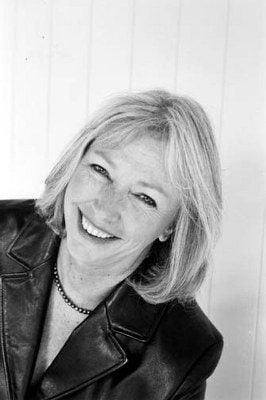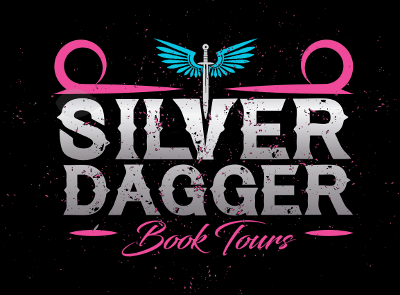How did this book come
about?
My editor at Tor Books called me one day and said they were
interested in publishing a book about Lizzie Borden, and wanted to know if I
knew about the case. Of course I knew. Everybody knew. It remains one of America’s
great unsolved mysteries. She said, “Who do you think did it?” I told her my
theory, and she said, Wow, I’ve never heard that one before.” And we struck a
deal.
Then I had to write a factually-correct book that ended the
way I speculated. Not an easy task. I combed through old newspaper articles,
trial transcripts, speculative articles published in psychological books and
magazines—everything I could find about her and the case. There are certain
undisputed facts, but there was hardly anything known about the personalities
of the Bordens. So within that realm, I was able to design the characters who
could accomplish the denouement of that Fall River tragedy.
Fun fact about this
book
The editors at Tor, the original publisher of Lizzie Borden,
went through this book with a fine-toothed comb, and made certain that every
word in it was in use during 1892. Many of the words we use in American society
were coined during by journalists during WWI and WWII, and they are so much a
part of our lexicon, that we tend to think they were always in use. Not so.
Did
she do it?
A
hundred years ago, it was the Trial of the Century. A young woman
stood accused of brutally murdering her father and stepmother in a
crime so heinous that it became a benchmark in human tragedy.
A
hundred years later, the Lizzie Borden case still resounds in the
imagination. There are those who staunchly defend Lizzie’s
innocence while others vehemently declare that she did it, and that
the murder was justified.
In
Elizabeth Engstrom’s brilliant novel, the dark psychology of the
Borden household is laid bare. Lizzie, her sister Emma and their
parents Andrew and Abby Borden, are sharply illuminated—as are the
paranoia and concealed hatred that secretly ruled the family.
Domestic violence and dysfunctional families are not inventions of
modern times.
“Every
door in the Borden house is metaphorically locked, and each room holds
the terrible secrets of its occupant…Engstrom skillfully and subtly
builds a psychological plot, moving the reader inexorably toward the
anticipated savage denouement.” —Publishers Weekly
Elizabeth
(Liz) Engstrom grew up in Park Ridge, Illinois (a Chicago suburb
where she lived with her father) and Kaysville, Utah (north of Salt
Lake City, where she lived with her mother). After graduating from
high school in Illinois, she ventured west in a serious search for
acceptable weather, eventually settling in Honolulu. She attended
college and worked as an advertising copywriter.
After
eight years on Oahu, she moved to Maui, found a business partner and
opened an advertising agency. One husband, two children and five
years later, she sold the agency to her partner and had enough seed
money to try her hand at full time fiction writing, her lifelong
dream. With the help of her mentor, science fiction great Theodore
Sturgeon, When Darkness Loves Us was published.
Engstrom
moved to Eugene, Oregon in 1986, where she lives with her husband Al
Cratty, the legendary muskie fisherman, and their Duck Tolling
Retriever, Jook. Liz holds a BA in English Literature and Creative
Writing and a Master of Arts in Applied Theology, both from
Marylhurst University. A recluse at heart, she still emerges into
public occasionally to speak at a writers conference, or to teach a
class on various aspects of writing the novel, essay, article or
short story. An avid knitter and gardener, she is on faculty at the
University of Phoenix and is always working on the next book.
Follow
the tour HERE
for exclusive excerpts, guest posts and a giveaway!







No comments:
Post a Comment